Publications
Articles, publications, books, tools and multimedia features from the U.S. Institute of Peace provide the latest news, analysis, research findings, practitioner guides and reports, all related to the conflict zones and issues that are at the center of the Institute’s work to prevent and reduce violent conflict.
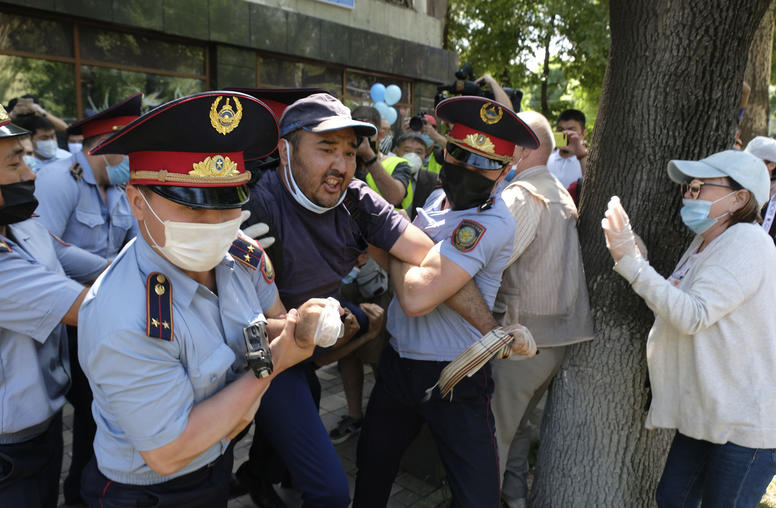
Looking for Trouble: Sources of Violent Conflict in Central Asia
This report offers a road map for understanding the most likely sources of violent conflict in the post-Soviet nations of Central Asia—ethno-nationalism and nativism, Islam and secularism, water resources and climate change, and labor migration and economic conflict. The analysis draws from emerging trends in the region and identifies the ways in which Central Asia’s geography and cultural place in the world interact with those trends. It suggests that the policy goals of the United States, Russia, and China in the region may be more compatible than is often assumed.
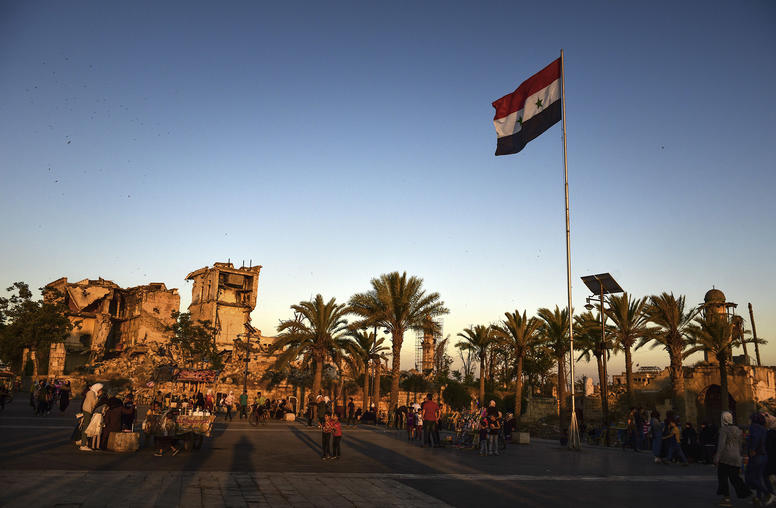
The Best Hope for Sustained De-escalation in Syria
As the conflict in Syria approaches its 10th anniversary, a holistic political settlement encompassing the entirety of the country is unlikely in the near to medium term. More than eight years of diplomatic initiatives have yielded only limited results. The two principal tracks—the Geneva and the Astana/Sochi processes—are running up against the complexity of the conflict and an emboldened Assad regime; neither process is sufficient on its own to generate momentum toward a lasting political settlement for the whole of Syria. However, creatively bridging these two processes could bring greater stability to those areas of Syria still beyond the Assad regime’s control, assuaging the suffering of some Syrians, and potentially serving as a building block for a longer-term settlement.
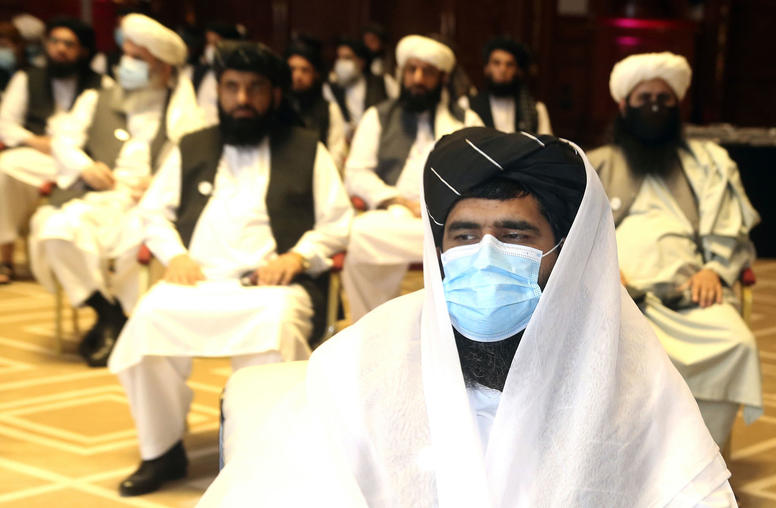
Constitutional Issues in the Afghan Peace Negotiations: Process and Substance
The peace negotiations between the Islamic Republic of Afghanistan and the Taliban that began in September in Doha, Qatar, will almost certainly include revisiting the country’s constitution. Both sides claim to abide by Islamic law, but they interpret it in very different ways. This report examines some of the constitutional issues that divide the two sides, placing them within the context of decades of turmoil in Afghanistan and suggesting ideas for how the peace process might begin to resolve them.

Keith Mines on the Future of U.S. Latin America Policy
Intense polarization in Bolivia, Venezuela, and Colombia will present Washington with significant challenges in the years ahead. But USIP’s Keith Mines says, for the most part, leaders in those countries “are looking for a way forward … there’s a more realistic framework of coexistence that’s emerging.”
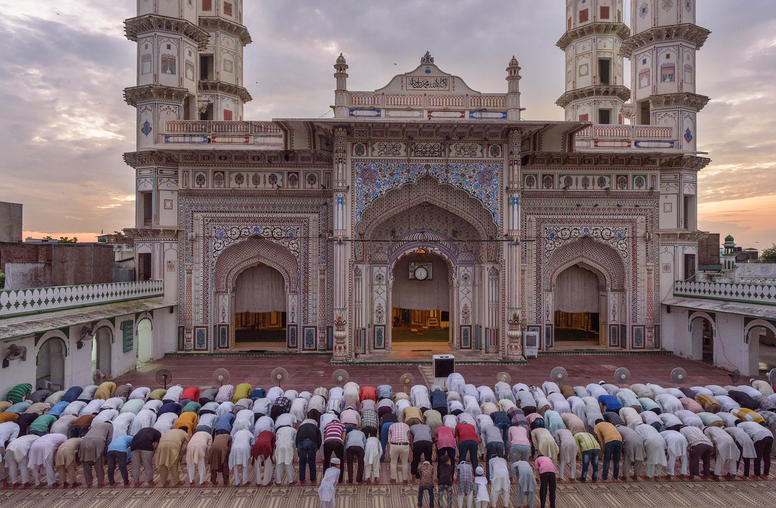
Three Things You Thought You Knew About Freedom of Religion or Belief
Accounts of global religious restrictions and hostilities have, unfortunately, become a regular feature of today’s news cycle. India’s passage of the Citizenship Amendment Act, which uses religious identity as a criterion for citizenship, and its violent crackdown against protesters made headlines at the turn of year. The Chinese government’s detention of more than a million Uyghur Muslims, increased surveillance, and other religious regulations in Xinjiang continue to garner much attention. And, increasingly more concern has been given to the ongoing attacks on Christian communities in Nigeria. While these examples are, of course, worrying and must be addressed, a deeper dive into the data reveals that many of the assumptions we hold about the state of global religious freedom need further unpacking.
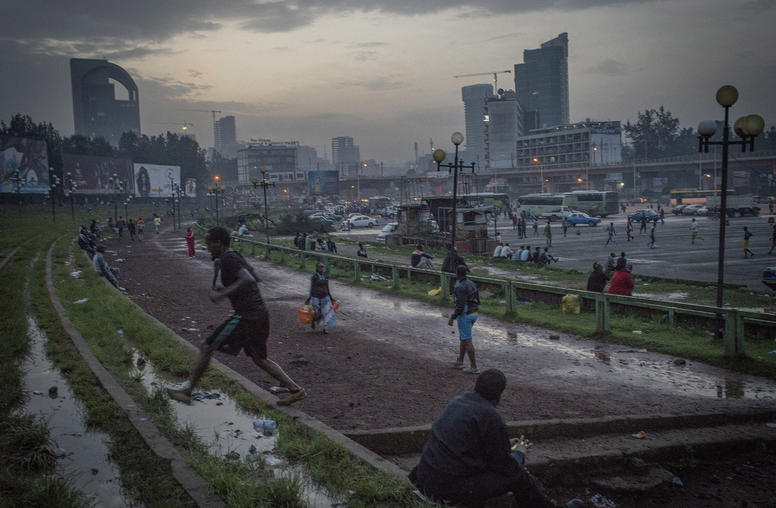
What Ethiopia’s Brewing Conflict Means for the Country—and the Region
Violent conflict between the federal government of Ethiopia and the federal state of Tigray, in the country’s north, began November 4 and quickly escalated. USIP’s Aly Verjee and Susan Stigant discuss the crisis and identify what could be done to avoid further violent conflict in east Africa’s most populous country.
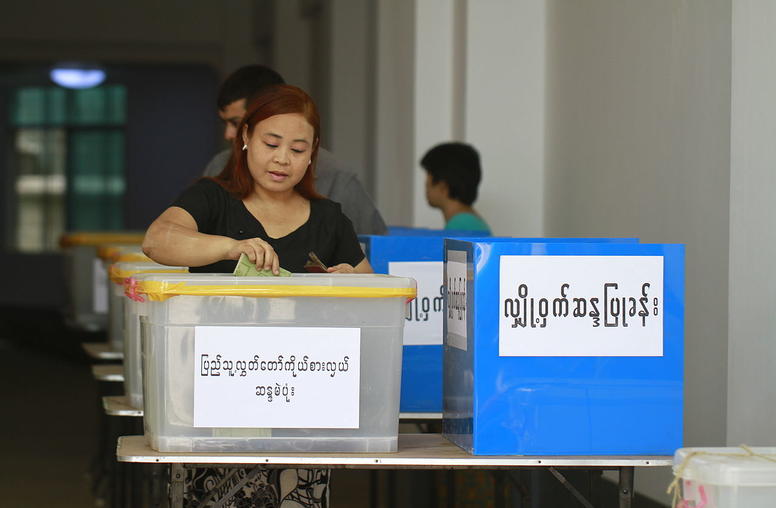
Myanmar Elections 2020: Ethnic Tensions and a Military Hand
The ruling National League for Democracy (NLD) is expected to win Myanmar’s general elections on November 8, but the 2020 race is much more hotly contested than 2015. The growing political frustration of the country’s non-Burma ethnic nationalities is fueling insurgencies and the military-affiliated Union Solidarity and Development Party, and its armed forces patrons, are criticizing the government and attacking the country’s feeble electoral institutions. The way Myanmar’s ethnic nationalities experience the process will have major implications for peacemaking efforts moving forward.
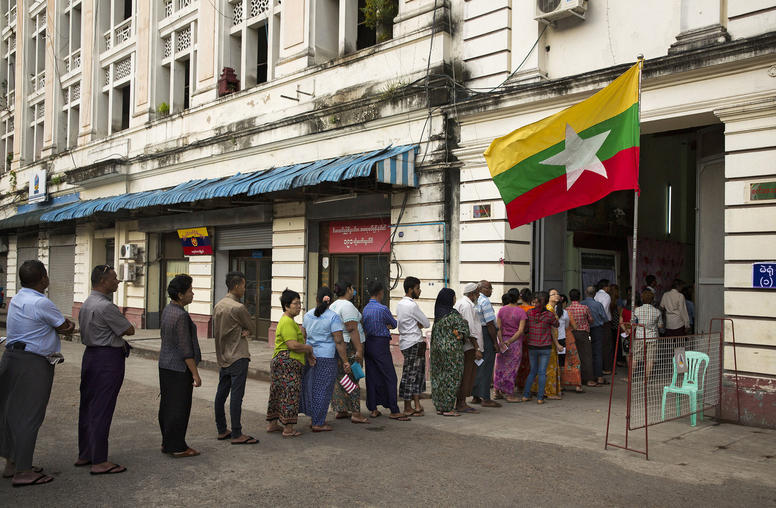
Election Cancellations in Rakhine State Could Signal Trouble for Myanmar
On October 16, when it took the stunning and sweeping decision to cancel most of the vote in Rakhine State on November 8, the Union Election Commission (UEC) disenfranchised an estimated 73% of Rakhine voters, in addition to the Rohingya who had been stripped of voting rights in 2015. The UEC justified its decision on the grounds that the election could be neither free nor fair because of ongoing armed conflict in the state. When critics asked why the elections had not been cancelled in war-stricken Paletwa, where security concerns are most acute, the UEC called off elections in parts of that Chin State town and restored them in a few village tracts in Rakhine.
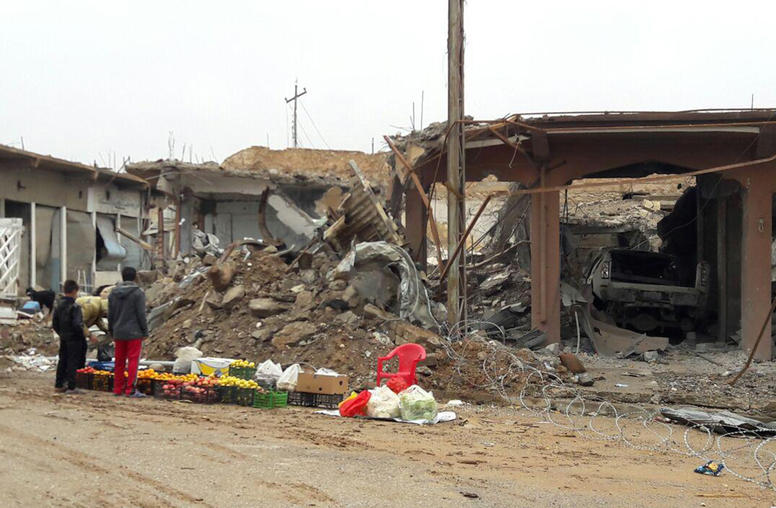
Amid Iraq’s Turmoil, Tal Afar Builds Peace
In a year of Iraqi turmoil, including protests that ousted a government and rivalry between Iran and Turkey, Iraqi tribal and community leaders are strengthening a new peace agreement in a locale that has seen some of the worst brutality of recent years—the northern city of Tal Afar. Civic, tribal and government leaders recently agreed to a pact that can open a path for more than 60,000 displaced residents to return home and rebuild following the war with ISIS. The accord also will help curb ISIS’ effort to revive. And in a startling change, it was negotiated in part by women.
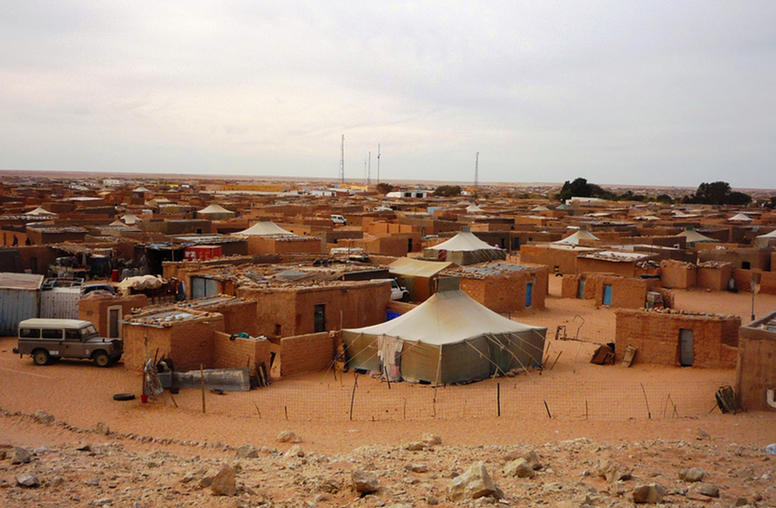
Saudi-Turkish Clash Reinforces Tensions in the Maghreb
Morocco notched a diplomatic win this week as the United Arab Emirates opened a consulate in the Western Sahara, where Rabat has long sought international recognition of its claim over the disputed territory. It also signaled a troubling regional shift. The hostility between Turkey and the Saudi-aligned Arab states risks embroiling the Maghreb region, much as it already complicates conflicts and politics from Libya to the Red Sea region. In North Africa, as across the greater Middle East, a widening of the Turkish-Saudi confrontation is heightening the risks of destabilization and threats to U.S. regional and counterterrorism interests.